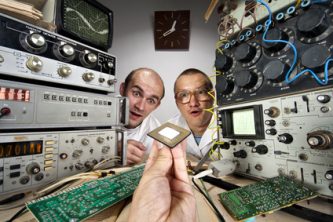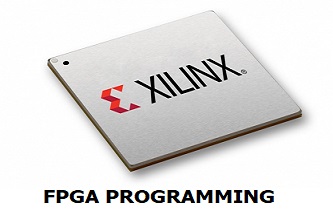AI-Powered Nvidia GPU Sent to Space
Radiation-tolerant AI hardware based on ARM cores has successfully been launched into low Earth orbit. The Kestrel GPU-based AI system, developed by Colossus Compute (formerly known as Zephyr Computing Systems), was recently sent into space as part of Loft Orbital’s YAM-6 satellite mission.
Loft Orbital specifically chose the Colossus Kestrel system to serve as a Compute Resource for Virtual Missions. This cutting-edge hardware is built on a foundation of a 256 Core Pascal GPU, a quad-core A57 CPU, and a dual-core Nvidia Denver 2 CPU. Additionally, it features hardware video codecs and an internal ADC for voltage and temperature telemetry. The system boasts 8 GBytes of 128-bit DRAM with ECC and 32GBytes of eMMC embedded memory, all packed into a compact unit measuring 98 x 98 x 33 mm and weighing 402g, with a maximum power consumption of 25W.
Keith Becker, Director of Embedded Systems, Flight Products at Loft, expressed excitement about the collaboration, stating, “Loft’s Virtual Mission service allows customers to access in-space data, and Colossus’s onboard processor technology helps enable this new paradigm for our customers.” The technology behind Colossus’s hardware is supported by NASA development programs and employs an innovative agile-defense method to counteract radiation effects on electronics, combining algorithms, bespoke components, semiconductor advancements, and hardware design. The system also runs on a customized Linux-based operating system optimized for space. thong Lee torre
Despite the challenges posed by the space environment, there is a growing interest in leveraging AI and machine learning capabilities in space applications. Imsys, for example, is developing a RISC-V core with a focus on AI applications in space. The space industry is projected to see significant growth driven by AI, with estimates suggesting a value of $1.8 trillion by 2035, according to McKinsey.
Recognizing the need for high-performance computing solutions beyond Earth’s surface, companies like Colossus are working on innovative hardware approaches to meet the increasing demands of advanced sensing methods, space infrastructure, and autonomous operations. Jason Cerundolo, co-founder and CEO of Colossus, emphasized the importance of commercializing AI-ready, radiation-tolerant hardware for computation and storage to support the evolving needs of space missions.












